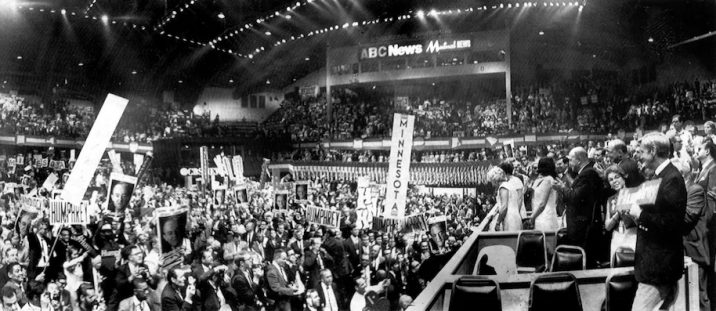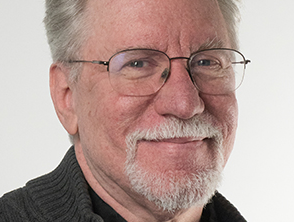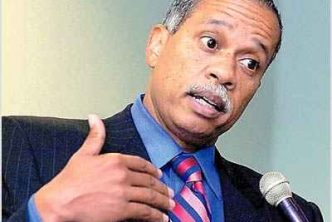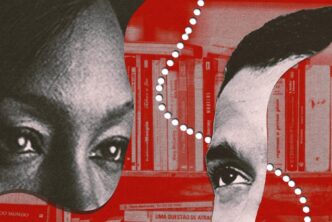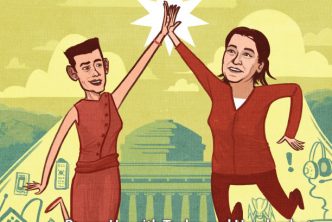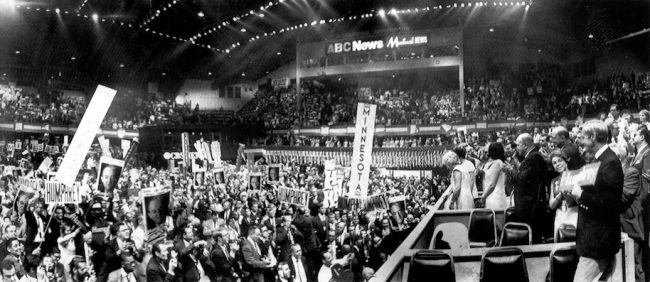
A three-day riot just a few miles away, which left three Black citizens dead at the hands of Miami police, should have marred the proceedings. But it didn’t. The conventioneers barely acknowledged it was happening, and the networks mistakenly saw the crisis as completely unrelated to the event. It’s not that the newsmen were pro-Republican, per se. They simply covered the media event that the GOP had staged for them.
Read the full piece at washingtonpost.com.

